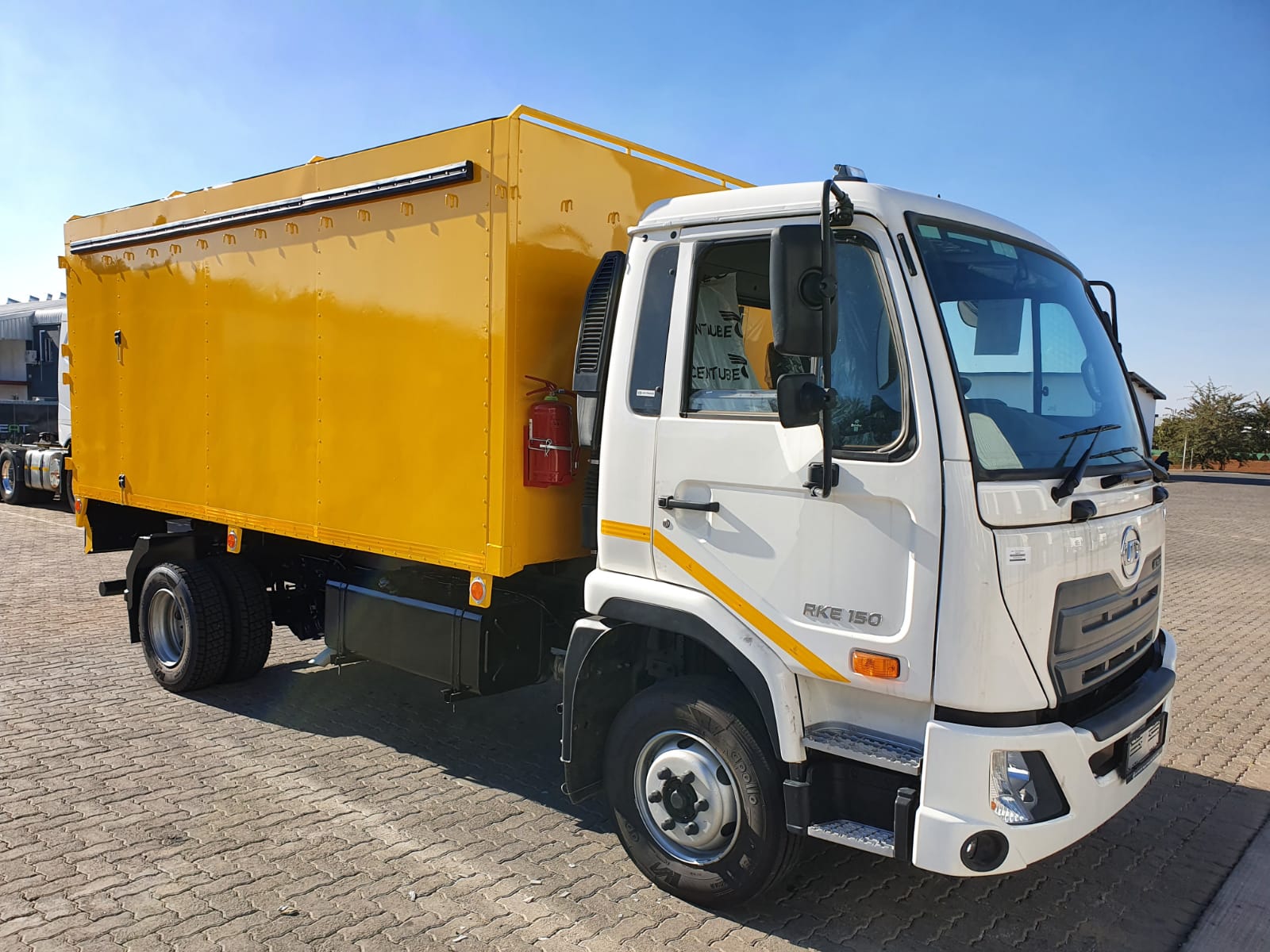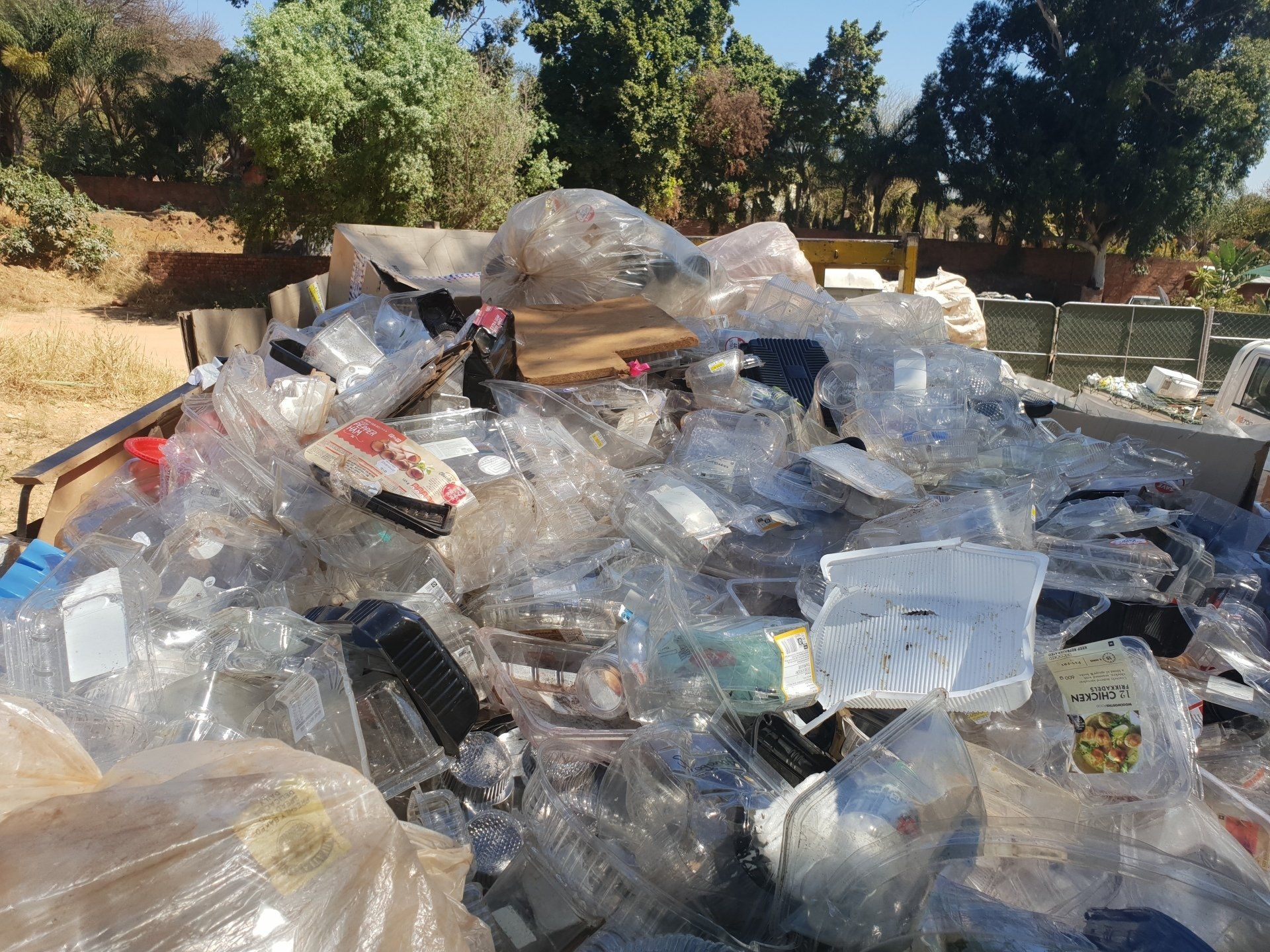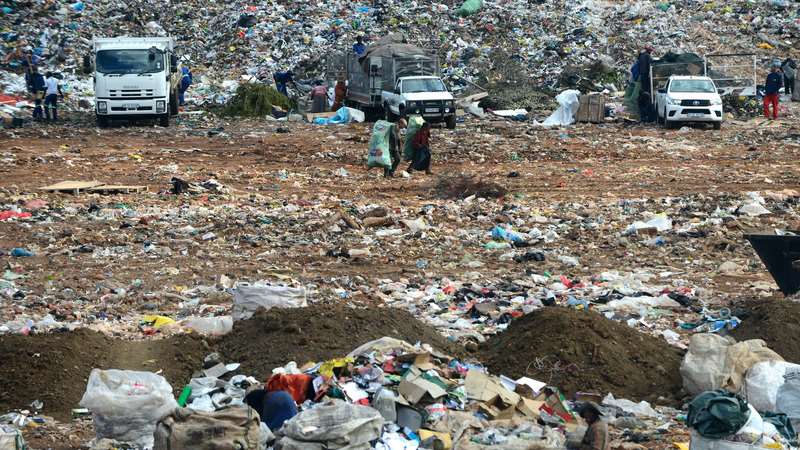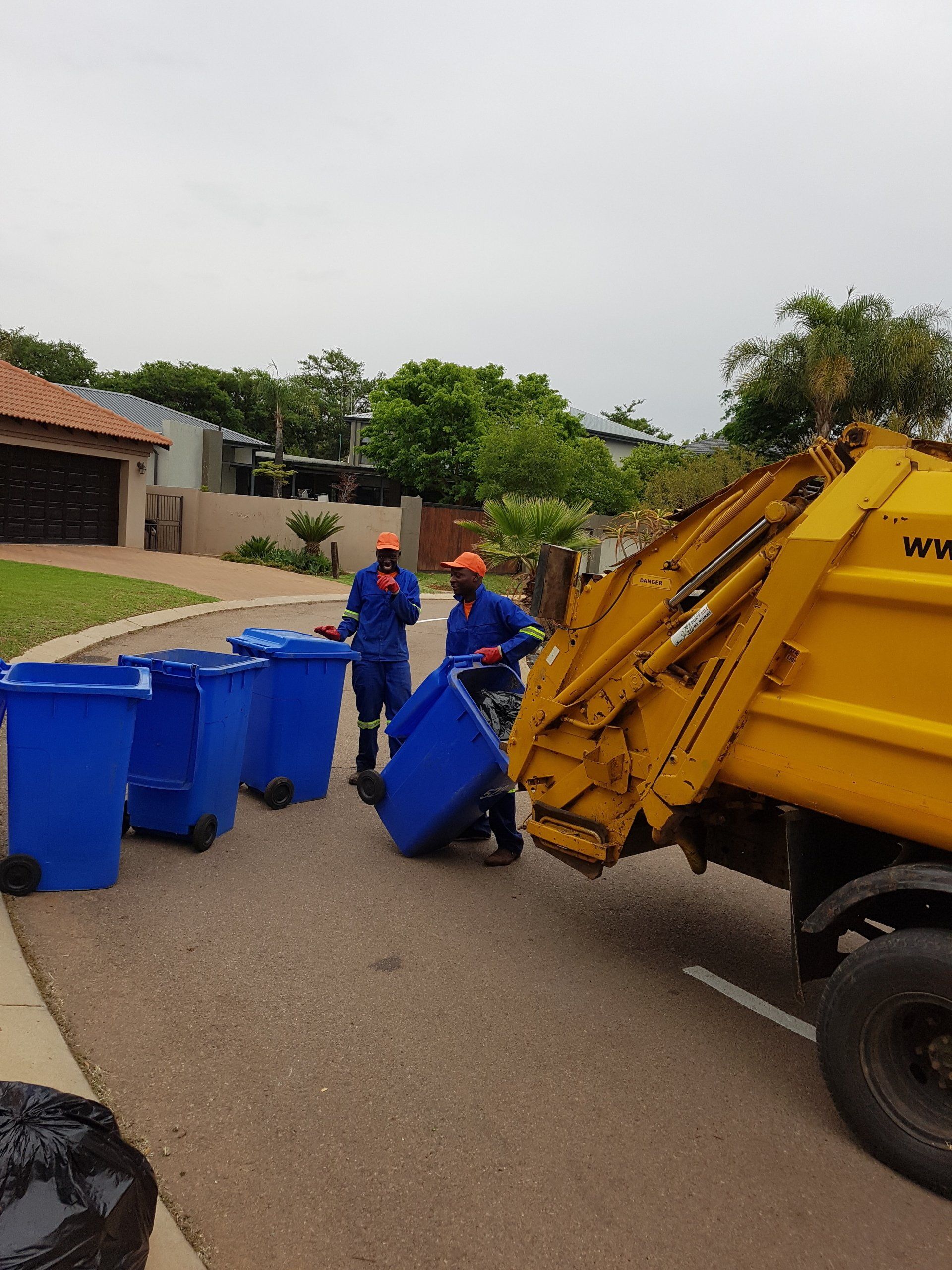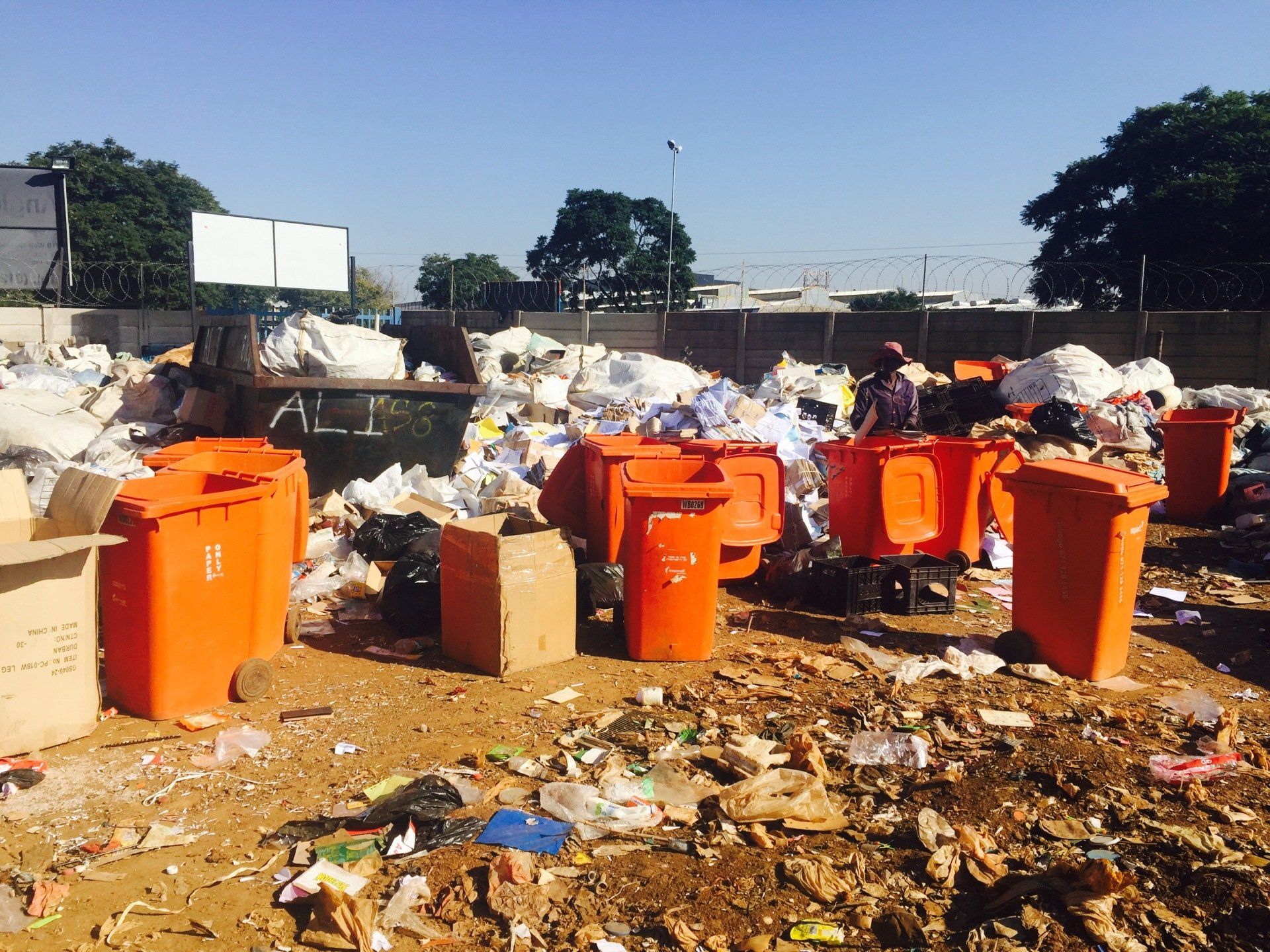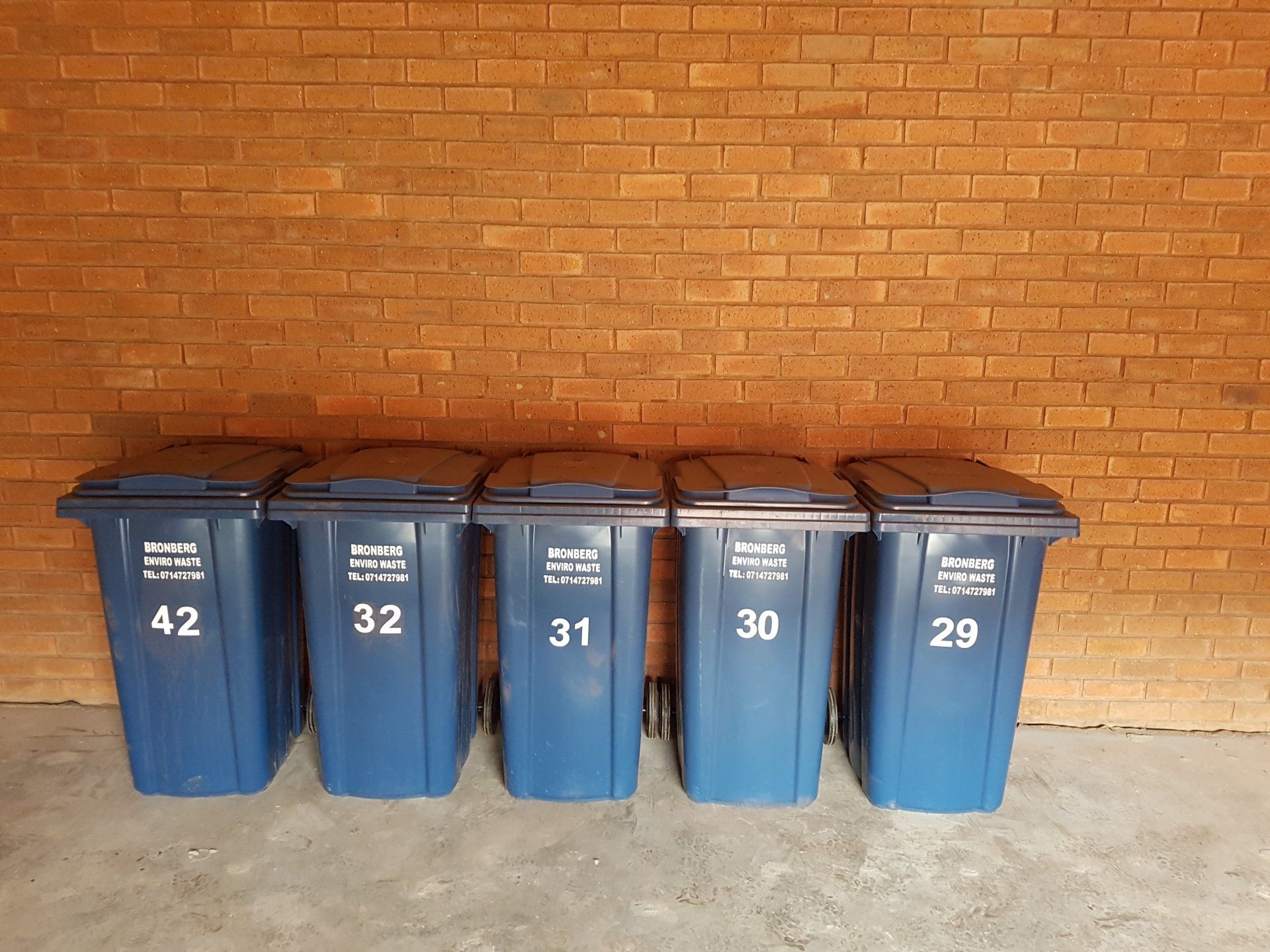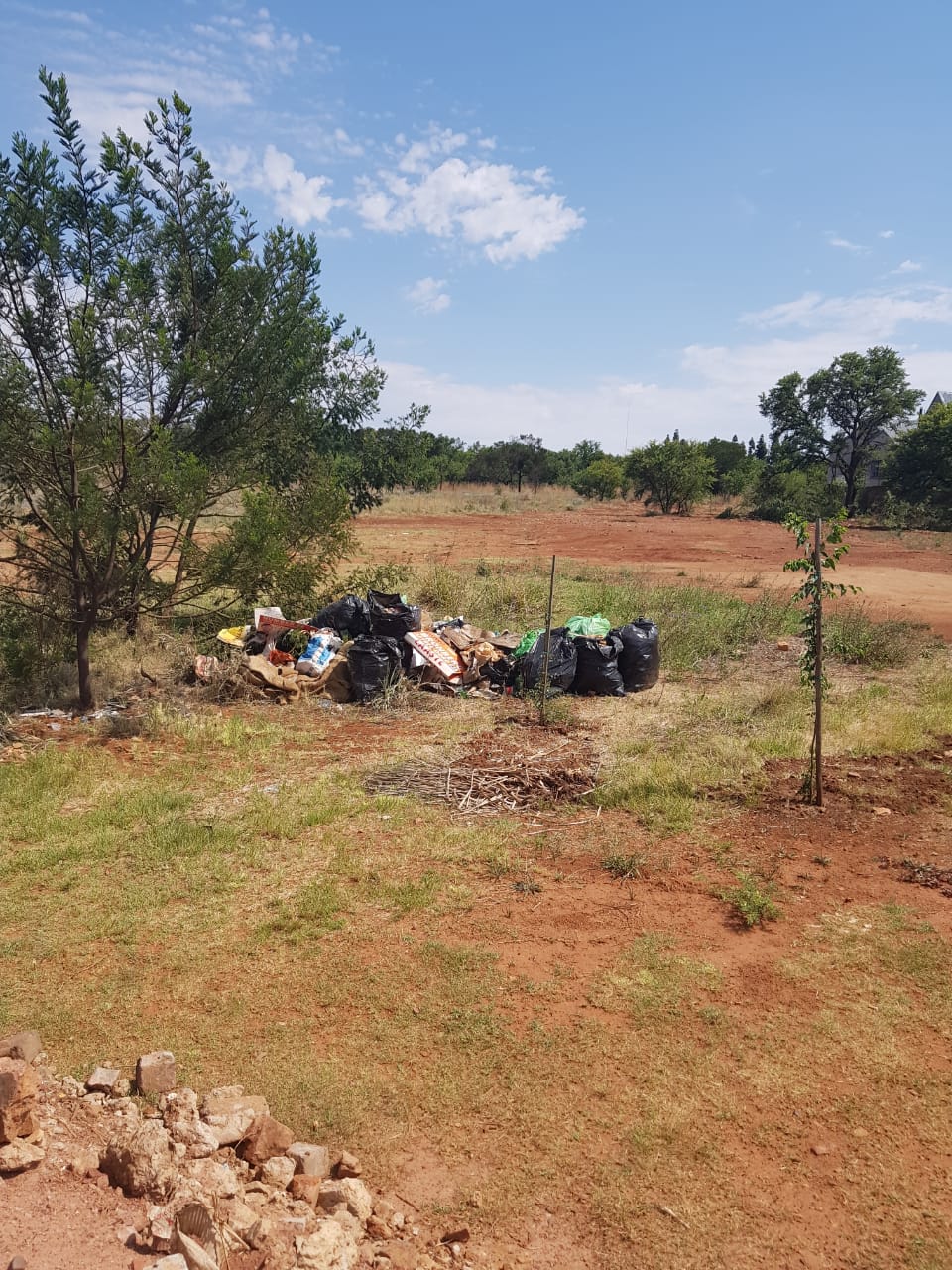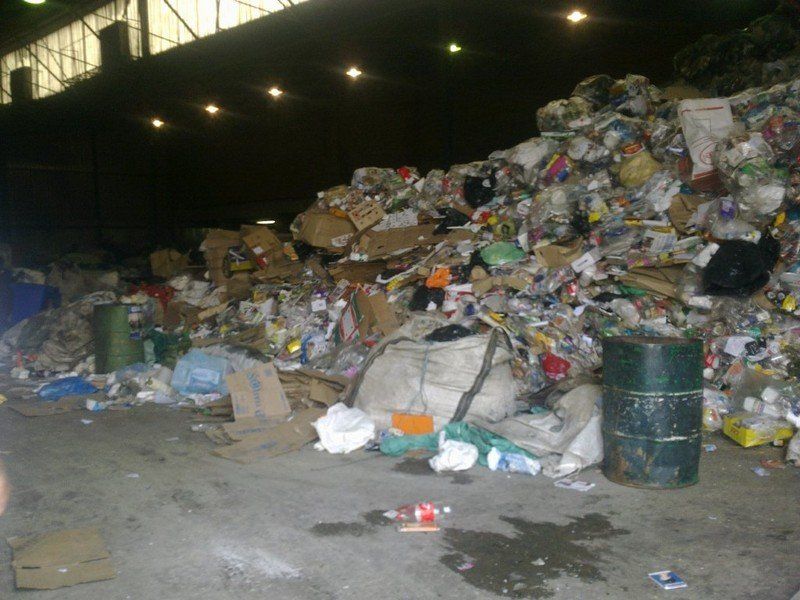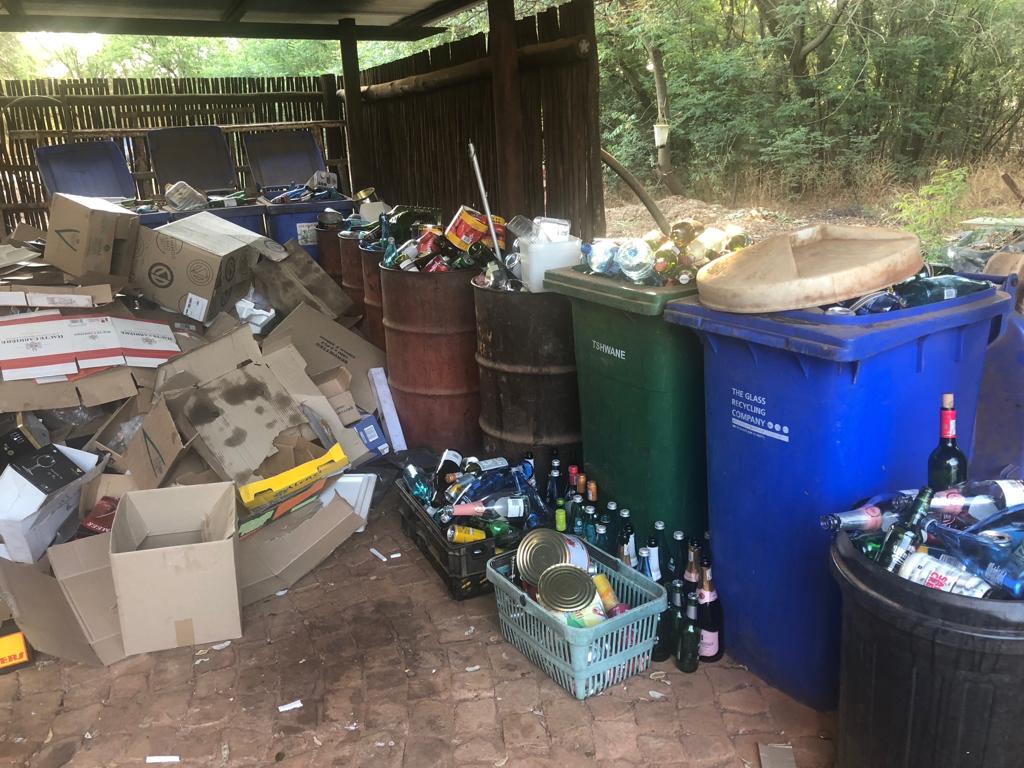24 Jan, 2023
Staff Writer 15 January 2023. NEWS FROM BUSINESSTECH. THIS IS AN EXTRACT ‘’South African executives fear the state will collapse, while global sentiment expresses concerns over the cost-of-living crisis in the short term and the climate crisis in the long term. This is according to the 2023 Executive Opinion Survey (EOS) in the World Economic Forum’s (WEF) Global Risk Report, which uses data from over 12,000 business leaders from 121 countries to determine the biggest risks posed in specific countries for the next two years. The WEF then combine the (EOS) data with data from the Global Risks Perception Survey (GRPS) – which uses data from over 1,200 experts from academia, civil society, business, government, and the international community – to see what risks pose the greatest threat across the globe. The five biggest fears of South African executives who took part in the EOS include the following: State Collapse Debt Crisis Collapse of services and public infrastructure Cost-of-living crisis Employment and livelihood crisis South Africa is only one of three countries to have a state collapse as the biggest perceived risk facing the country – Peru – which is currently in the midst of deadly anti-government protests – and Bosnia and Herzegovina. The biggest fears for executives in popular countries that South Africans like to immigrate mainly involve economic concerns. The United Kingdom’s most significant identified risk is the cost-of-living crisis, while the United State’s concern is the Debt crisis. Canadian executives are also concerned about the cost-of-living crisis, and so to are Australian executives. Rapid and sustained inflation is a chief concern for Irish executives. The Netherlands is the exception, as the biggest risk is perceived to be their failure to adapt to climate change. On a global basis, using only GRPS data, the cost-of-living crisis is a risk that will have the most impact over the next two years. While over the next ten years, the risk with the largest perceived severity is estimated to be the failure to mitigate climate change. Outlook for the coming years The WEF notes that the aftereffects of the Covid-19 pandemic and Russia’s invasion of Ukraine have opened up a new era of rapid inflation and further normalisation of monetary policies, kicking off a period of low growth and low investment. Financial services company BNP Paribas said that South Africa would likely see minimal economic growth in 2023 due to global headwinds and domestic challenges – expecting growth only to reach 0.2% for the year. BNP Paribas also expects inflation to remain high due to a lagged effect of higher wages and disposable incomes being eaten into by higher service prices. A risk of stagflation is also looming over South Africa, which is characterised by rising prices, high unemployment, and low economic growth. In its Global Risk Report, the WEF notes that an increase in stagflation could have dire economic consequences, given unparalleled interaction with record-high levels of public debt. Moreover, even if economies land softer than expected, the low-interest rate era’s demise could have serious knock-on effects – affecting the most vulnerable members of society and increasing poverty, violence, and even the chances of state collapse. Middle-income households will also see gains destroyed by economic pressures, further fuelling discontent and political polarisation. Governments will thus have to balance protecting their citizens from the increasing cost of living without increasing inflation while meeting debt servicing costs as revenues are further stressed due to an economic downturn, a rapid shift to new energy systems, and a volatile geopolitical environment. The new economic era may thus be one where the divide between the rich and poor grow – a regression in human development after years of improvement.’’
